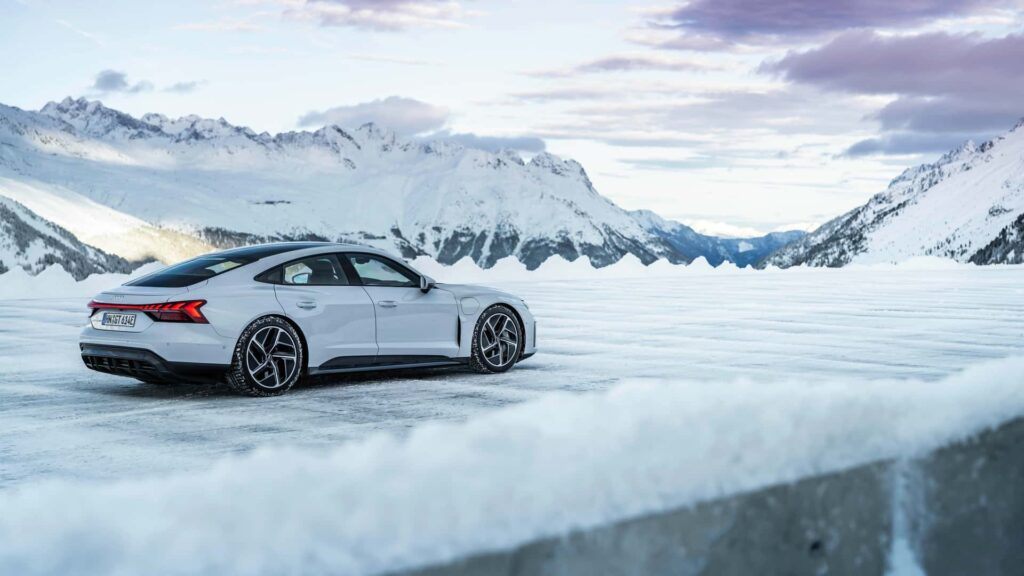A recent test conducted in Finland saw volunteers driving 41 different electric vehicles (EVs) on a 621-mile course in freezing temperatures. Surprisingly, most of the EVs completed the trip in less than 14 hours, including charging stops, which is on par or even faster than traditional combustion cars. This challenges the common concerns around range anxiety and charging anxiety that often deter potential EV owners.
The test, known as the Finlandwide Light Vehicles Testing Procedure, aimed to compare the performance of EVs against combustion cars on the same route. With temperatures hovering between 33.8 and 24.8 degrees Fahrenheit (-1 to -4 degrees Celsius), the EVs showcased their capabilities in cold weather conditions.
The standout performer was the 2021 Tesla Model S Long Range, which achieved an energy efficiency of 2.91 miles per kilowatt-hour (21.3 kWh/100 km). It completed the journey in 12 hours and 15 minutes, with just over an hour spent on charging stops. Following closely was the 2025 Polestar 2 Long Range Single Motor, with a total trip time of 12 hours and 19 minutes and an efficiency of 3.06 mi/kWh.
On the other end of the spectrum, the 2024 Mercedes-Benz eSprinter required 15 hours and 35 minutes to cover the same distance. Interestingly, the 2013 Tesla Model S 85 stood out for its lengthy charging time of almost three and a half hours, while the 2021 Audi e-tron GT and 2025 Xpeng G6 AWD were the fastest chargers, needing only 52 minutes for the entire trip.
The test results revealed that most EVs outperformed combustion cars in terms of trip duration. With an average trip time of just under 13 hours and 33 minutes, EVs proved to be efficient and reliable for long-distance travel, even in winter conditions. The data collected during the test showcased the driving time, charging time, total trip time, and average energy efficiency of each EV model, providing valuable insights for potential EV buyers.
Overall, the test highlighted the improved performance and increasing viability of EVs for long trips, especially with the growing DC fast charging infrastructure. As technology continues to advance and infrastructure expands, electric road trips are becoming more convenient and accessible, debunking the myths surrounding range anxiety and charging concerns.

